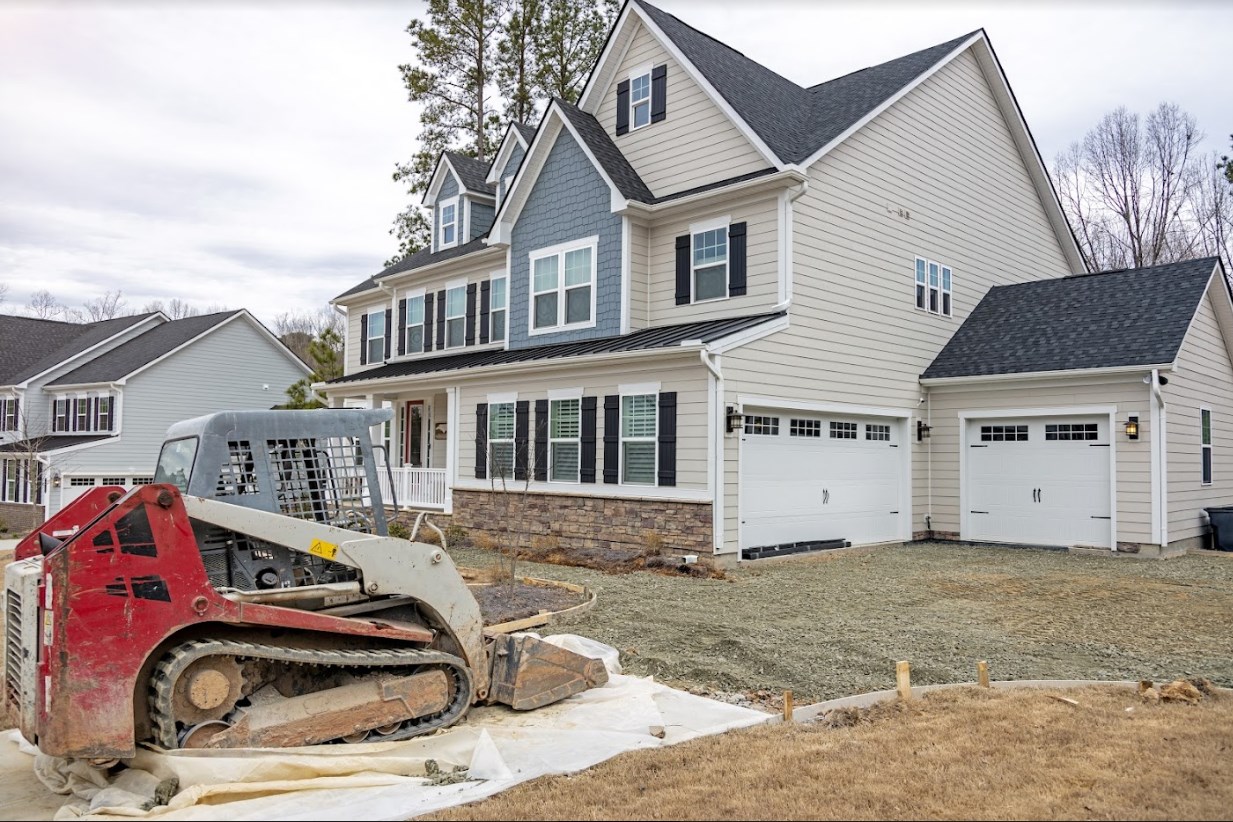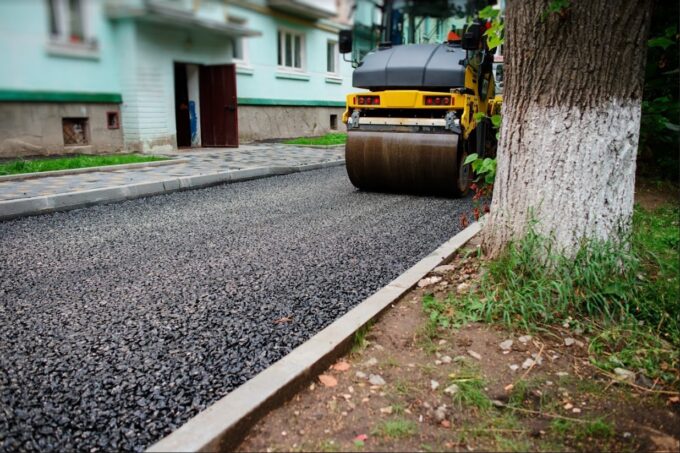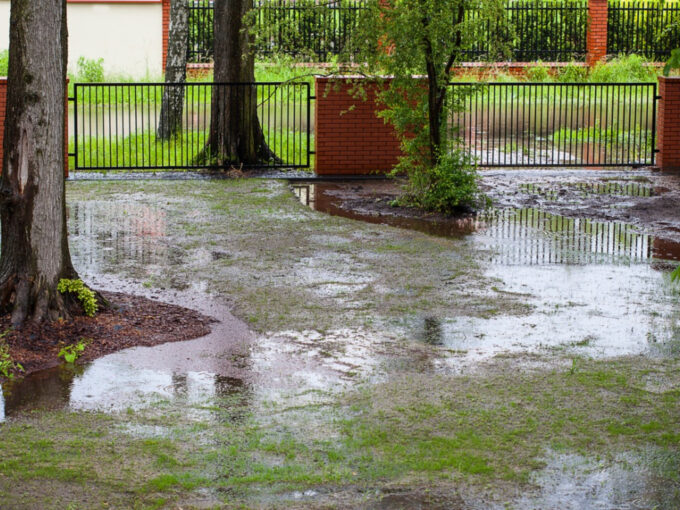The most common types of driveways are made of concrete or asphalt. A good driveway completes the general appearance of your entire home, and it’s a key element of the property for many homeowners. After you’ve set up your driveway, you expect it to last for many years, so you may end up forgetting about it once the construction project is over.
However, over the years, your driveway will naturally begin to wear out, so it has to be maintained regularly. Your driveway may develop cracks and potholes, among other problems. Even if you’ve been undertaking repairs or resurfacing your driveway, there might come a time when they won’t work anymore and you need to completely replace the concrete or asphalt.
The durability of a driveway depends on the contractor’s level of expertise, the materials used for it, and the kinds of vehicles it’s exposed to. A driveway used by truck drivers may wear out faster compared to one used by car owners.
Indicators That You Should Resurface Your Driveway
In case your driveway needs a lot of repairs, perhaps more than 50% of it, and the foundation is still strong, you may choose to resurface instead of continuing with repairs. Too many patches on your driveway may negatively affect its appearance. Resurfacing requires you to remove and replace the top layer of your asphalt or concrete driveway rather than giving it a complete overhaul or addressing patches of damage individually.
It’s less costly than a complete replacement. To achieve this, you may need to hire expert concrete contractors such as those from concretecontractorcoloradosprings.com to work on your driveway and breathe new life into it. Watch out for the following signs showing that you need to resurface your driveway:
- Multiple Potholes: These may make your driving experience uncomfortable, so resurfacing would be the better option.
- Sunken Areas: If you notice that the sunken areas continue to worsen, it might be time for you to resurface.
- Crumbling Edges: These may be an indication that the affected areas were thin in the first place, warranting a resurfacing.
- Faded Color: Over the years, the color of your driveway may fade, making it look older than it actually is. You may give it a facelift by resurfacing.
Indicators That You Should Replace Your Driveway
Replacing your driveway is a big investment decision as it will cost you more than repairs or resurfacing. Also, a concrete driveway is more expensive to replace compared to an asphalt driveway. These are some of the signs that your driveway needs replacing:
- Drainage Issues: When you notice that the drainage is leaking water toward the foundation of your home, it might be time to replace your driveway in order to avoid property damage.
- Extremely Large Potholes: Because of consistent wear, potholes may grow too large such that repair and resurfacing may not be economical anymore. Replacement is therefore ideal in this situation.
- Spiderweb/Alligator Cracks: Your driveway might have multiple cracks that are spreading to other parts of the driveway, signaling a need for replacement.
- Multiple Sections Needing Repair: If your driveway has many areas requiring repair, it might be better if you just went for a complete replacement.
Replacing your driveway may be a good idea in case you’re planning to sell your home soon. A new driveway may be more appealing to potential buyers than a patched-up driveway. You may also be in a better position to upsell your property.
Strategies For A Cost-Effective Driveway Repair
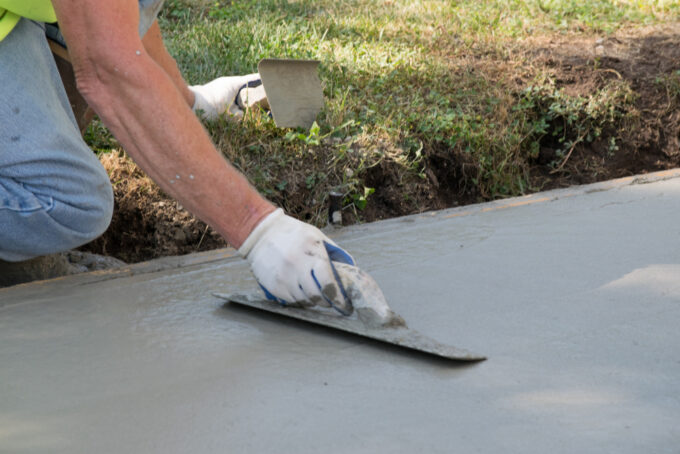
Once you’ve made up your mind that you need to repair your driveway, you should prepare well for the project. The following tips can help you manage the costs involved in the project:
1. Come Up With A Budget
Setting aside a budget for your home improvement project should be the first thing you do. The cost of resurfacing or replacing your driveway is affected by several factors. Apart from simply aiming to have a place to park your car, you might need to think about how to make it more aesthetically appealing.
You may consider paving your driveway if it’s not too extensive, though this might require you to increase your budget. You may need to seek out a contractor to help you have a broader understanding of the materials you need so you can come up with the right budget, including the cost of labor.
2. Choose The Right Material
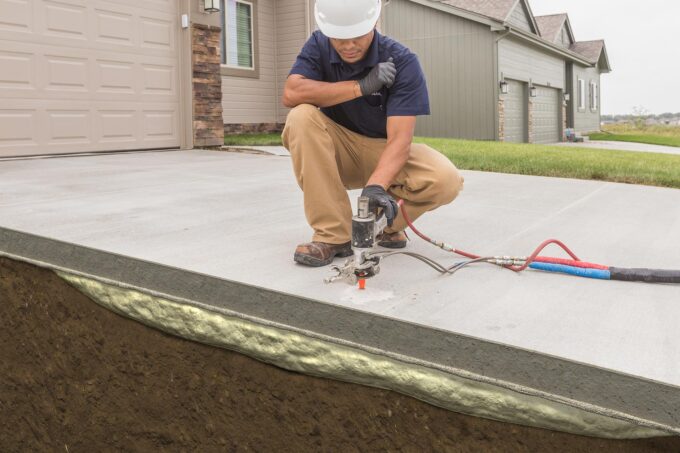
When doing this, take into account factors such as maintenance and durability. The key factor is how long the material can last. Also, remember that the material would affect your budget. According to your budget and pavement requirements, you can use gravel, bricks, travertine, or a mix of several materials. Compare the costs so that the material you use is of high quality, can last long, and will cost you less.
Cost-effective driveway repair involves selecting the right material that can withstand the elements and daily wear and tear. Additionally, if you’re looking to enhance the aesthetics and privacy of your driveway area, consider adding a fence, and while you’re at it, don’t forget to shop for cedar siding materials online to complement your overall outdoor improvement project.
3. Choose A Feasible Design
You might have already seen plenty of good designs out there. However, before you go in a specific direction, ask yourself: how big should your driveway be? What will be its purpose? Will the design complement the general aesthetic of your home? All those factors will come down to cost.
Consult experienced driveway contractors regarding prices so that your choice will be well informed. Let them know the average amount you’d like to spend on your project so you don’t begin a project that will later stall.
4. Go For An Easy-To-Maintain Option
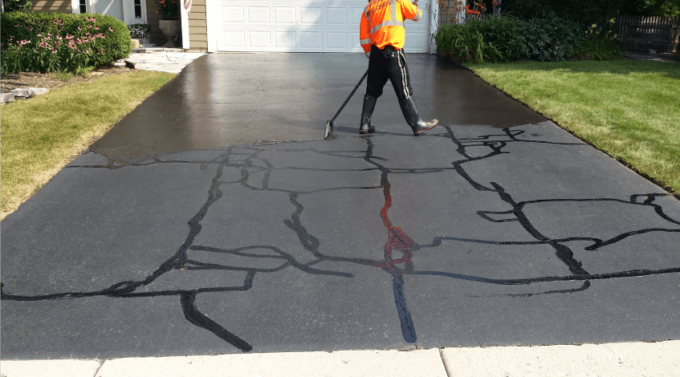
Once your driveway project is completed, things don’t just end there—you’ll be required to see to the maintenance of the driveway. The materials you use may dictate how frequent the maintenance will be. Ensure that you don’t go for materials that are too cheap and require a lot of upkeep.
This may prove to be more expensive in the long run. On the other hand, quality materials will serve you for a long time before you have to do any repairs, resurfacing, or replacement. Therefore, durability would affect your long-term expenses for the driveway.
5. Hire A Reputable Contractor
Take the time to search for a good contractor. Expertise is important if you want a high-quality outcome. You need to get licensed, insured, and bonded contractors. Scrutinize their certifications and qualifications, and compare their service rates. A good contractor should be able to offer reasonable prices, driveway paving tips, extensive experience, and broad expertise.
Conclusion
Ultimately, the choice between resurfacing and replacing your driveway would depend on its current condition and whether it’s a concrete driveway or an asphalt driveway. It can also be influenced by the budget you have. Besides that, you may opt to replace your driveway even if it’s not in a dismal state if you want to improve your property. See to it that you use the strategies in this article to ensure that your project is cost-effective from start to finish.

